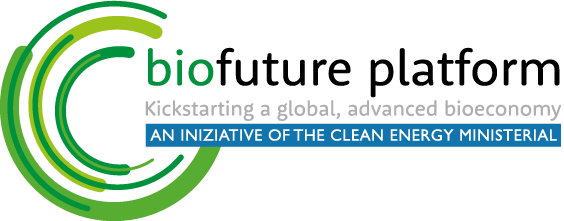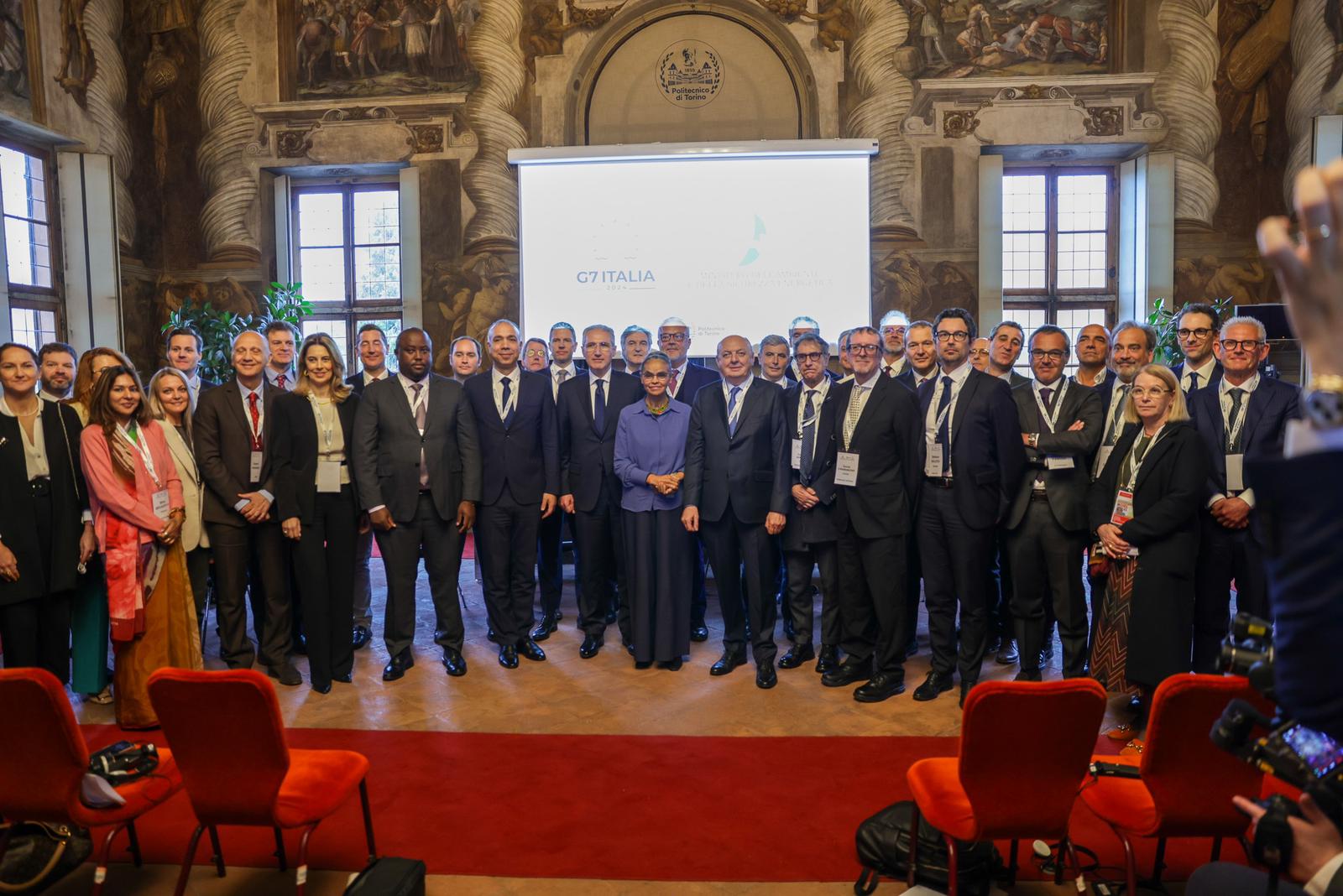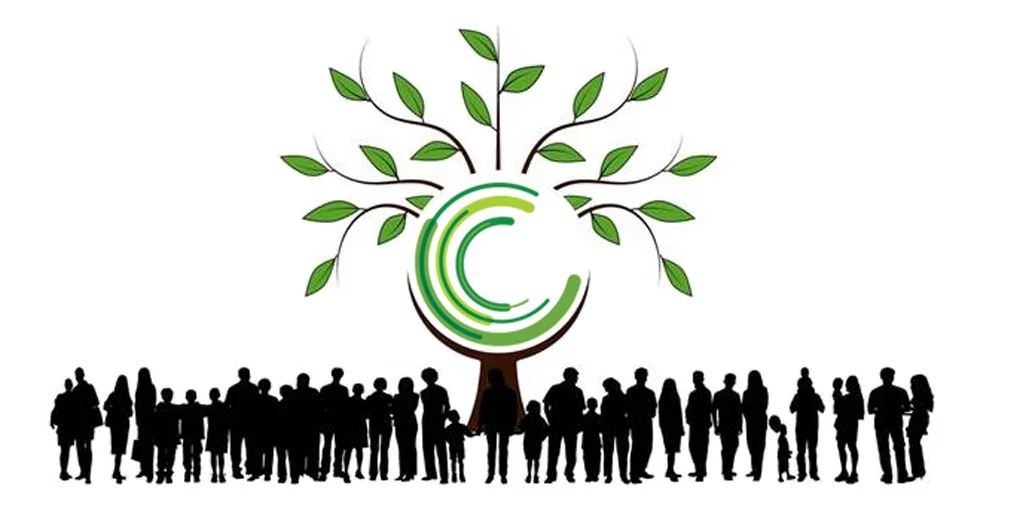Washington, DC 01 May – The Turin Joint Statement on Sustainable Biofuels highlights the role of sustainable biofuels in decarbonising all transport sectors, promoting environmental sustainability, innovation, and creating value for communities. Signed by more than 75 Industry Leaders, trade associations, and R&D organizations, the Statement focuses attention on actions that G7 countries can take to increase the pace and scale of sustainable biofuels deployment to be consistent with a net zero pathway by mid-century. The Statement was presented to the G7 Climate, Energy and Environment Ministers’ Meeting in Turin, Italy on 29 April and was noted in their 2024 Communiqué published on 30 April.
The text of the Turin Joint Statement and list of Signatories can be found here.
The text of the G7 Climate, Energy and Environment Ministers’ Meeting Communiqué can be found here.
The Statement was the focus of the International Forum on Sustainable Biofuels held in Turin, Italy on 28 April that was organized by the Italian Ministry of Environment and Energy Security (MASE), the Politecnico di Torino and the Clean Energy Ministerial Biofuture Campaign.
During the Forum Gilberto Pichetto, Italy’s Minister of the Environment and Energy Security stated: “Sustainable biofuels can and must provide a fundamental contribution to the decarbonisation of the transport sector at a global level, bringing significant benefits: greater energy security, ease of integration into current logistics, fuel storage and distribution systems as well as use in existing vehicles, promotion of a circular economy logic and creation of value for local communities, promoting sustainable agricultural and forestry practices”.
Participating dignitaries included: Marina Silva, Minister for the Environment and Climate Change of Brazil – G20 Presidency; Elnur Soltanov, Deputy Minister of Energy of the Republic of Azerbaijan – COP29 Presidency and Alex K. Wachira, Deputy Minister of Energy and Oil of Kenya. Also speaking at the event were global biofuels industry leaders, international agencies and multilateral initiatives committed to the development and use of sustainable biofuels, in particular: the International Energy Agency (IEA), the Global Biofuel Alliance (GBA), CEM Biofuture Campaign, FAO GBEP and UN Development Program. Participating industry leaders included Enilive, European Biodiesel Board, Fuels Europe, Gevo, Neste, Pivot Clean Energy and UNICA.
Liana Gouta of Fuels Europe stated that “Decarbonising transport leaving no one behind, in any region of the world, requires a combination of clean molecules and green electrons. Enabling conditions to mobilise private investments in sustainable biofuels from a competitive, robust fuels industry, is a prerequisite. The EU can lead the way if it sets a comprehensive Liquid Fuels Transition Strategy, following and complementing other sectoral decarbonisation strategies on batteries, hydrogen, and critical raw materials”.
The decarbonisation of transport is a priority to reach the climate neutrality target by 2050. Despite the efforts made in recent years, fossil fuels still represent around 95% of the energy needs of the transport sector, which accounts for around a quarter of consumption global energy and a fifth of CO2 emissions.
“It is necessary to put in place and implement – said Pichetto – all the solutions, with a view to technological neutrality, to decarbonise all transport sectors: air, maritime and road. In this context, sustainable biofuels are among the main pillars of the decarbonisation of the transport sector, together with electrification, energy efficiency and other sustainable fuels”. “We can’t wait any longer,” added the Minister.
“Italy warmly welcomes the Turin Joint Declaration on Sustainable Biofuels. I also consider it very important that the signing of the Declaration, coordinated by the CEM – Biofuture Campaign, remains open until the G20 Ministerial in October in Brazil, as a sign of strong collaboration and common purpose between the G7 and G20 Presidencies”, concluded Pichetto.
For further information regarding the Turin Joint Statement on Sustainable Biofuels contact
Dr. Gerard Ostheimer
Manager, Clean Energy Ministerial Biofuture Campaign
TJS@biofutureplatform.org





